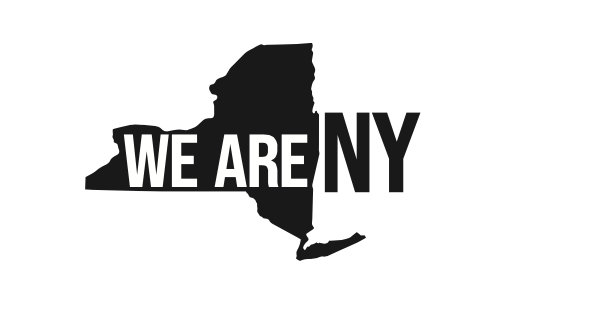
In response to the final FY2026 New York State budget, Rev. Dr. Liz Theoharis, Executive Director of the Kairos Center for Religions, Rights, and Social Justice, and Rev. West McNeill, Director of the Labor-Religion Coalition at the Kairos Center, released the following statement:
“While the recently passed state budget includes initiatives that will benefit some poor and low-income families, overall it fails to meet the urgency of this moment and leaves New Yorkers more vulnerable than it needed to impending federal cuts.
Coming into this year’s budget process, lawmakers had a significant opportunity to take up the newly released recommendations of the Child Poverty Reduction Advisory Council (CPRAC). CPRAC was established by a 2021 law signed by Gov. Hochul and tasked with recommending policies to cut child poverty in half by 2031. Their recommendations included expanding and increasing the child tax credit, creating a state housing voucher program, doubling the amount of the cash assistance benefit, and making nutrition assistance available to immigrant families ineligible for food stamps.
As we said in January, fully implementing these recommendations and paying for them through tax increases on the wealthiest New Yorkers would have not only addressed our morally indefensible levels of inequality and child poverty, it would have helped cushion the blow of impending federal safety net cuts.
Instead, the adopted budget included a smaller increase to the child tax credit than CPRAC recommended and a very limited pilot of the Housing Access Voucher Program. It left out the recommendations around public benefits and nutrition assistance, although it did include an important expansion of universal school meals. The final budget did not include any tax increases on the ultra-wealthy.
To be clear – the child tax credit expansion and Housing Access Voucher Program will make a big difference for some families. For children under 4, the child tax credit will increase from $330 to $1000 per child. For the first time, the lowest income families will also be able to access the full credit amount. The Housing Access Voucher pilot isn’t slated to begin until March 2026 and is too small to cover even just the households who already lost their federal housing vouchers this year. But for the families lucky enough to get a voucher, the Housing Access Voucher Program could be a lifesaver, and now that it exists, it can be built on in years to come.
However these measures are grossly inadequate when we consider how much New Yorkers are already struggling and how much worse things could get if Congress passes the budget reconciliation bill currently being considered. We are especially alarmed by the additional powers this budget gave to the governor to make unilateral cuts in the case of a federal revenue shortfall.
The coming months remain critical. We urge New Yorkers to join us in organizing and mobilizing to stop federal cuts to healthcare, education, and food assistance and tax breaks for the super-rich.
However, if and when cuts happen, we must hold our governor and state legislators accountable. When the federal safety net is shredded in order to give billionaires tax cuts, there is an obvious humane and moral response: New York should tax billionaires in order to mend and strengthen the programs that will help New Yorkers get through hard times. The FY2026 state budget was a missed opportunity to do just that. However, the governor and legislature still can and must take this approach as they respond to whatever happens in Washington this summer.”